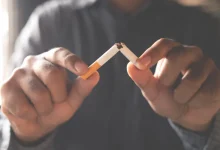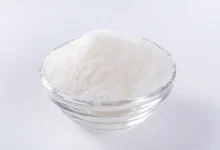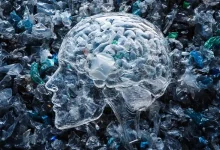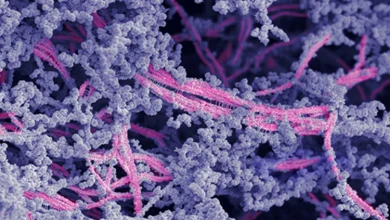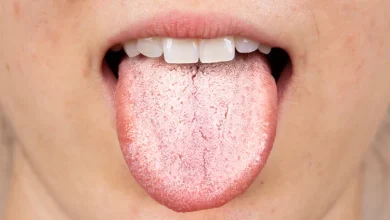U.K. Man Drunkenly Tells Police The Truth

A man in the U.K. has been found guilty after returning “heavily intoxicated” to the scene of his own crime to tell police “what happened,” according to a press release from Essex Police.
On March 14, Marek Hecko, 26, of Essex, was sentenced to 26 years to life for the murder of Adrian Ellingford, 44. Hecko “seriously assaulted” Ellingford last July and the father of two eventually succumbed to his injuries. The BBC reported Ellingford was stabbed in the back twice.
When a local officer arrived at the scene of the crime, a drunk Hecko, who was carrying a large bottle of brandy, started telling officers that he knew the people involved in the incident and he could help explain what happened.
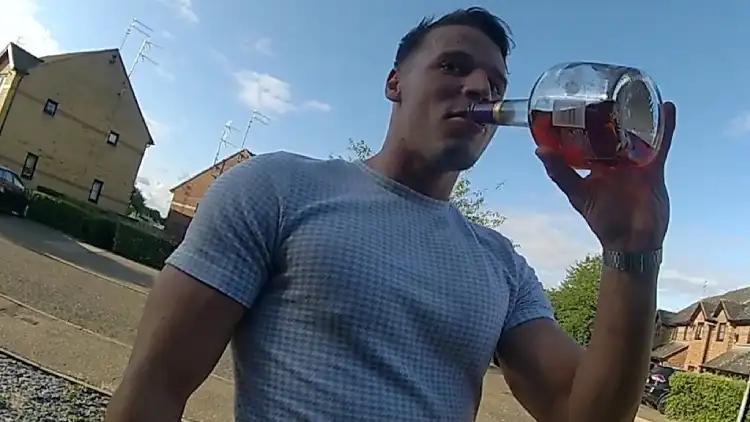
“After becoming confrontational, he was arrested and whilst in custody, he was identified as the main suspect,” Essex Police wrote.
Bodycam footage taken of Hecko when he turned up at the crime scene showed him slurring and swaying as he talked to an officer, gripping a mostly empty bottle.
“I know what happened,” he said, stumbling over his words. “And you need me to figure out what happened. If you don’t have me, you don’t know what happened.”
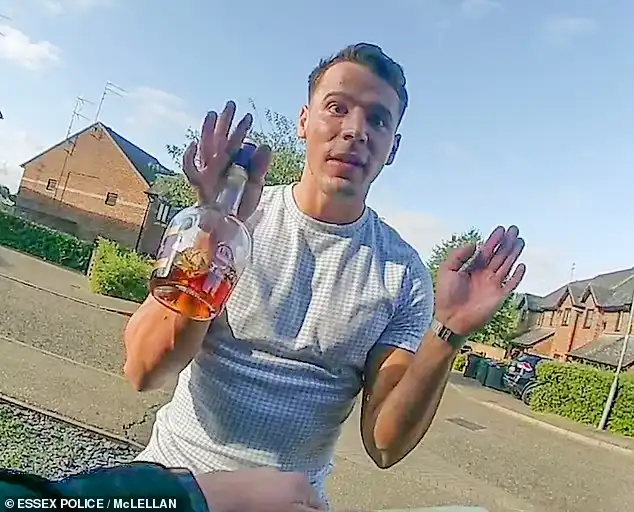
During Hecko’s trial, the 26-year-old claimed he had heard about the violent attack on the news, “despite the news being nowhere online and on social media at this point,” police said.
The court learned that Ellingford was with Hecko’s ex-girlfriend on the night of his death, and that Hecko had “exhibited stalking behaviours” toward his former partner.
Ellingford woke up Hecko’s ex-partner to say someone was in the house before collapsing with a knife in his back.

“This was a senseless attack on Adrian, which has left two children without a father,” said Detective Chief Inspector Louise Metcalfe. “I hope that they can move forward and find some closure now that Hecko is behind bars.”
Ellingford’s wife Laura read a victim impact statement in court during Hecko’s trial, describing Ellingford as an “amazing husband, loving son, a caring brother, a friend to many and most importantly a truly brilliant father.”
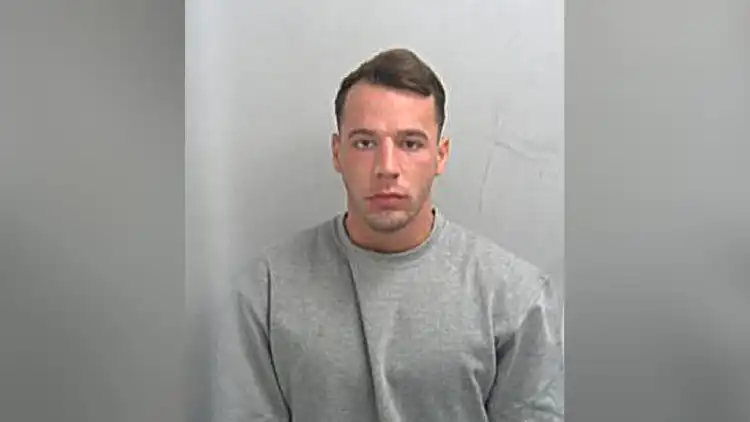
She said that telling her two children, 10 and 12 years old, that their father “was never coming home was the most painful and heartbreaking thing that I have ever had to do.”
“They will not have Adrian with them through the milestones in their lives. He will never be able to teach them to drive, buy them their first drink or to celebrate their academic achievements. He will never see them grow up into young men who will have partners and families of their own. No one will ever be able to replace their dad,” she said.
“Adrian, you will always be missed by us as your family and you will always hold a special place in our hearts. We miss you every day and love you forever.”
Alcohol’s Effects on the Body
Brain:
Alcohol interferes with the brain’s communication pathways, and can affect the way the brain looks and works. These disruptions can change mood and behavior, and make it harder to think clearly and move with coordination.
Heart:
Drinking a lot over a long time or too much on a single occasion can damage the heart, causing problems including:
Cardiomyopathy – Stretching and drooping of heart muscle
Arrhythmias – Irregular heart beat
Stroke
High blood pressure
Liver:
Heavy drinking takes a toll on the liver, and can lead to a variety of problems and liver inflammations including:
Steatosis, or fatty liver
Alcoholic hepatitis
Fibrosis
Cirrhosis
Pancreas:
Alcohol causes the pancreas to produce toxic substances that can eventually lead to pancreatitis, a dangerous inflammation in the pancreas that causes its swelling and pain (which may spread) and impairs its ability to make enzymes and hormones for proper digestion.
Cancer:
According to the National Cancer Institute (NCI): “There is a strong scientific consensus that alcohol drinking can cause several types of cancer. In its Report on Carcinogens, the National Toxicology Program of the US Department of Health and Human Services lists consumption of alcoholic beverages as a known human carcinogen.
“The evidence indicates that the more alcohol a person drinks–particularly the more alcohol a person drinks regularly over time–the higher his or her risk of developing an alcohol-associated cancer. Even those who have no more than one drink per day and people who binge drink (those who consume 4 or more drinks for women and 5 or more drinks for men in one sitting) have a modestly increased risk of some cancers. Based on data from 2009, an estimated 3.5% of cancer deaths in the United States (about 19,500 deaths) were alcohol related.”
Clear patterns have emerged between alcohol consumption and increased risks of certain types of cancer:
Head and neck cancer, including oral cavity, pharynx, and larynx cancers.
Esophageal cancer, particularly esophageal squamous cell carcinoma. In addition, people who inherit a deficiency in an enzyme that metabolizes alcohol have been found to have substantially increased risks of esophageal squamous cell carcinoma if they consume alcohol.
Liver cancer.
Breast cancer: Research has shown an important association between alcohol consumption and breast cancer—even one drink per day can increase a woman’s risk for breast cancer by 5% to 15% compared to women who do not drink at all.


